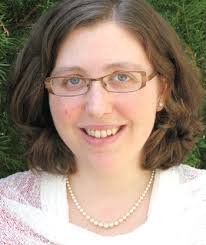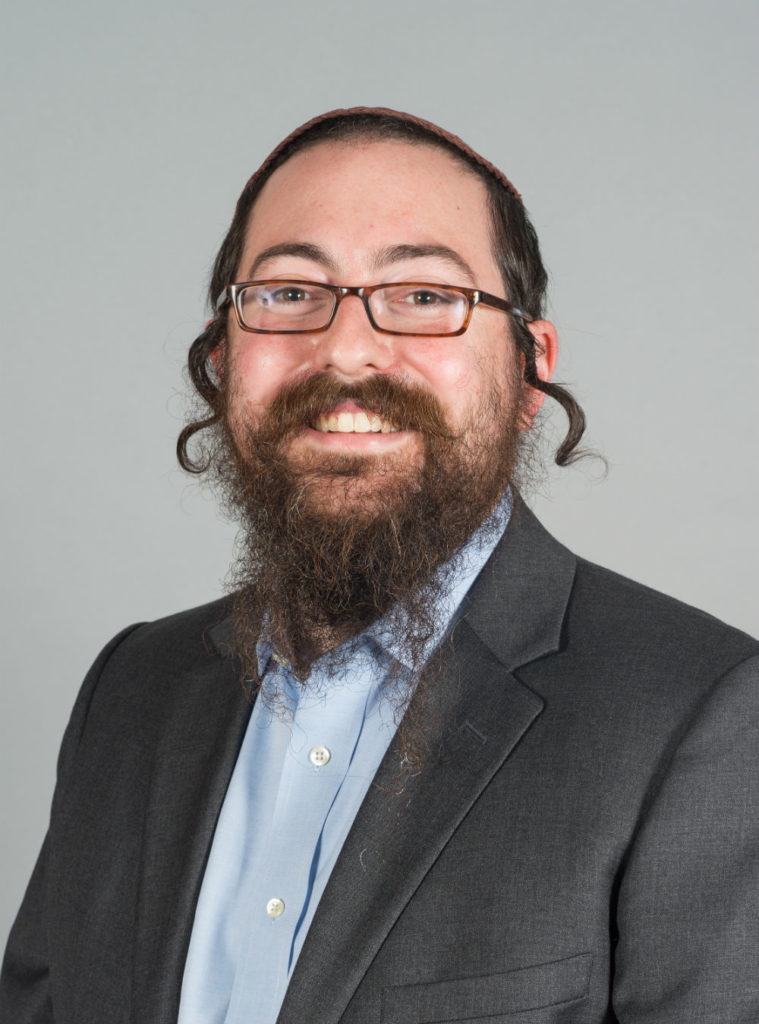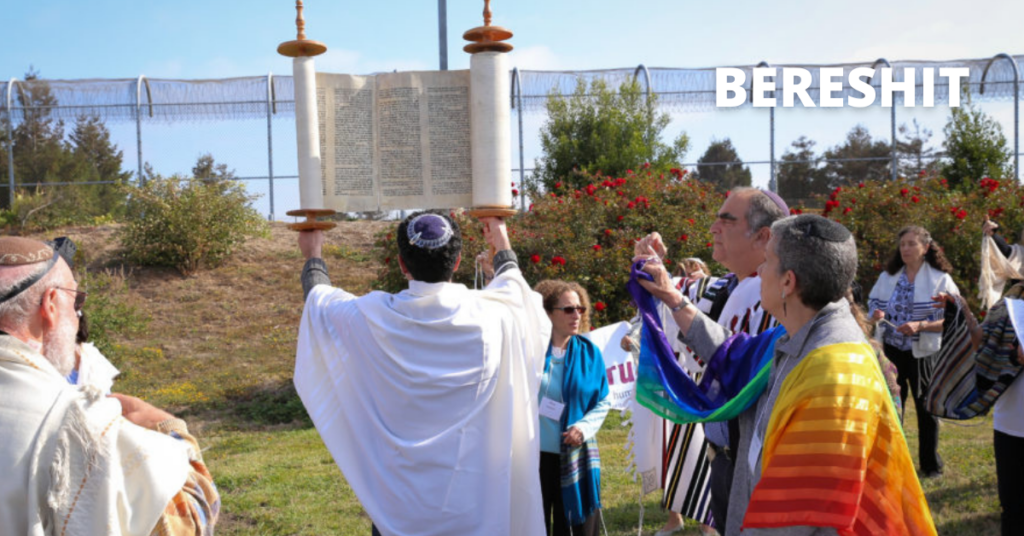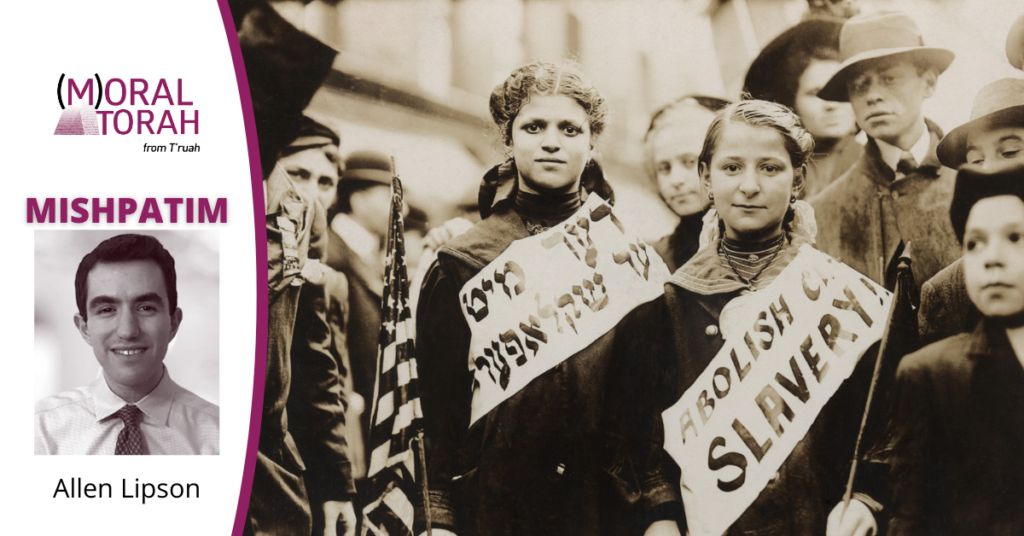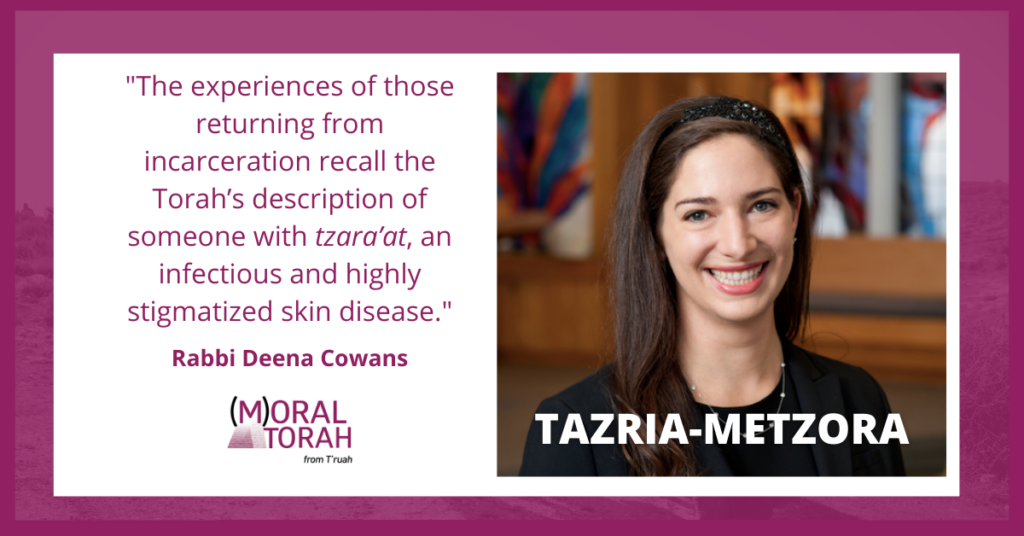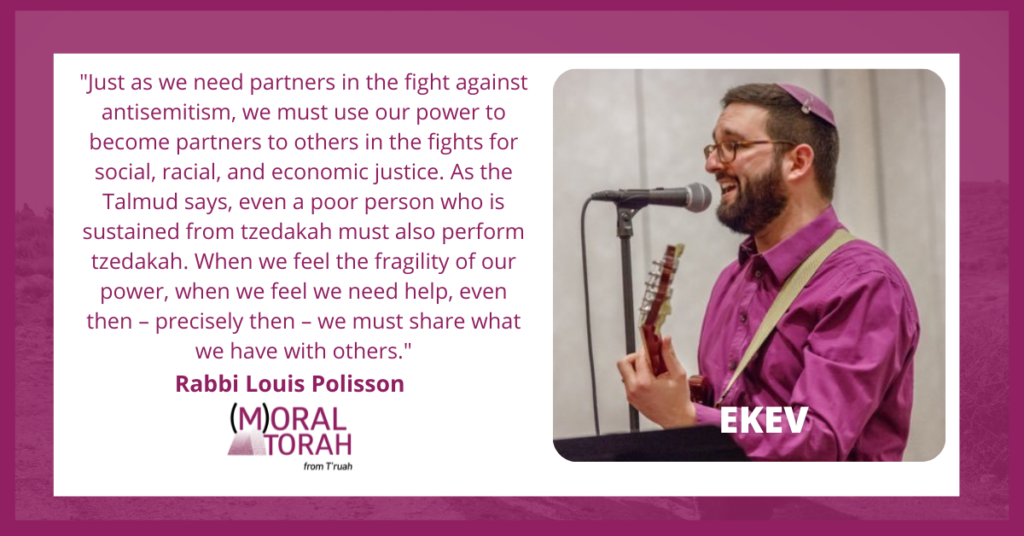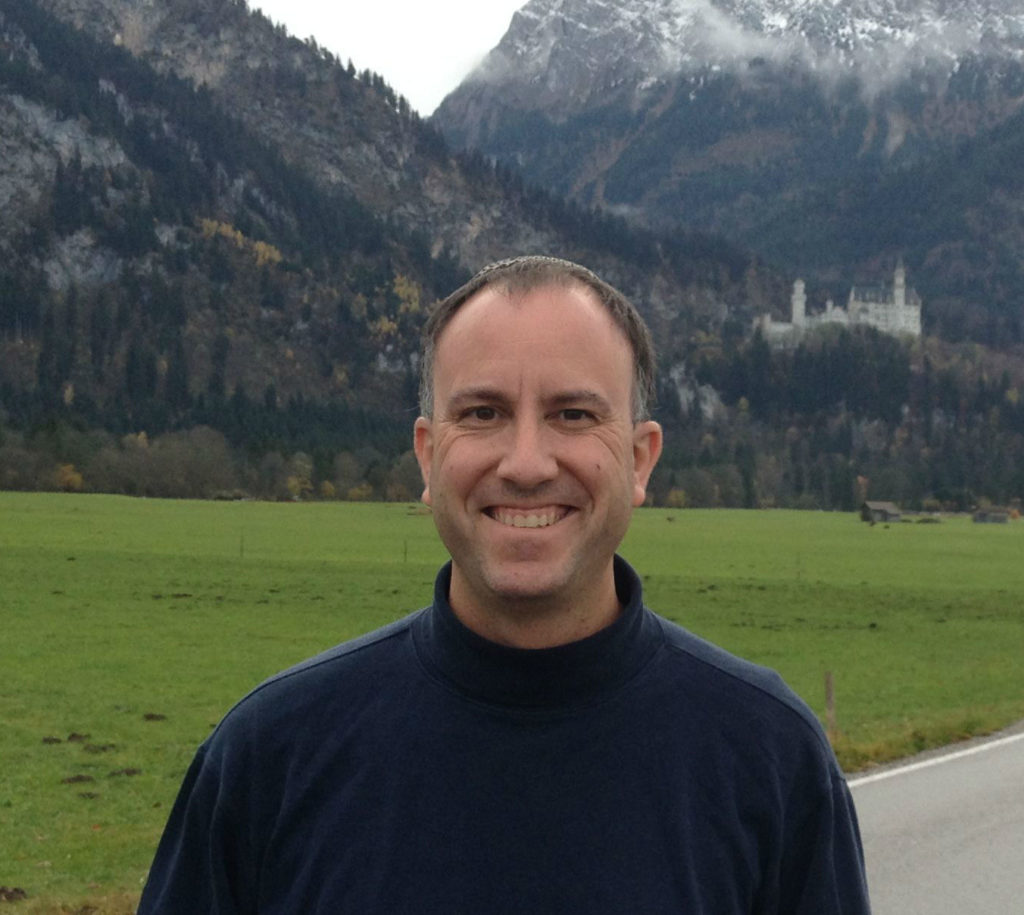
Free At Last?
“Maybe it’s time to move the museum displays to the side,” she said, “and get back to work.” That’s what one of my students said, and I couldn’t have been prouder. Recently, I had the privilege of journeying with members of our staff and teens from our congregation on a service/learning trip to New Orleans...
read more

